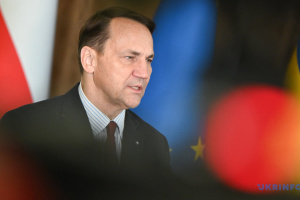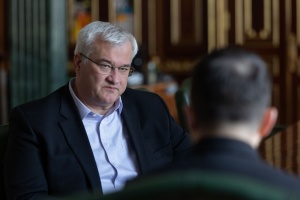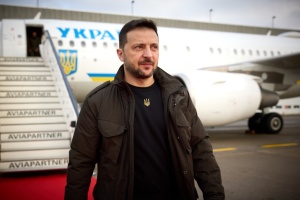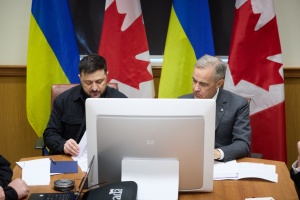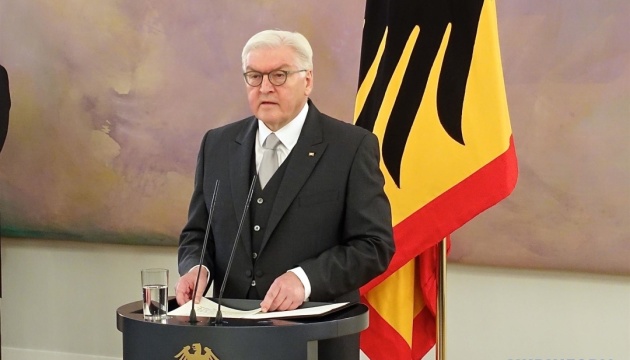
Steinmeier explains his 'formula'
"There was a situation at the talks in Paris three years ago that were held at a top-level meeting of the Normandy contact group. The negotiations did not advance because in reality the projects that were to be implemented after the Minsk agreements became known. […] But the steps that should have been taken by both parties were too big, which is why the formula contains nothing more than an attempt to turn big steps [proposed in the agreements], which the parties to the conflict did not want to take, into a number of smaller steps that, despite their nature and consequences, still need to be agreed," Steinmeier said during his visit to Tbilisi on Monday.
At the same time, he stated that he was surprised by statements on "Russia's influence" in the development of the "Steinmeier formula": "The argument [about the Russian influence] amazes me because a representative of the then president [Petro Poroshenko] was present [at the Normandy summit]."
President Volodymyr Zelensky said on October 1 that Ukraine had agreed to the text of the "Steinmeier formula." According to him, it provides for the approval in Ukraine of a temporary law on a special status for Donbas, which will be permanent if the OSCE recognizes local elections in these territories as democratic.
According to Zelensky, the new law will not cross any "red lines" and "there will never be any capitulation."
At the same time, a number of Ukrainian parties, activists and public figures strongly criticized the possibility of signing the "Steinmeier formula." They believe that the security part of the Minsk agreements must be implemented first. It means that the withdrawal of troops and control of the border should precede the elections and the discussion of the status for Donbas.
Large-scale rallies against the "Steinmeier formula" were held in Kyiv and other regions of the country on October 1 and 6.
op

